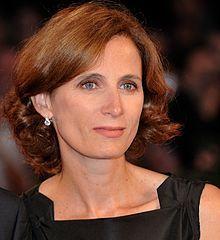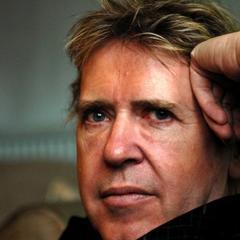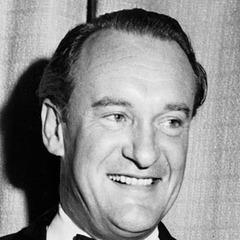Capable Quotes - Page 4
You try to make your team do something they're not capable of and you get murdered.
Paul Bear Bryant, John Underwood (2007). “Bear: The Hard Life and Good Times of Alabama's Coach Bryant”, p.218, Triumph Books
Humbert was perfectly capable of intercourse with Eve, but it was Lilith he longed for.
Vladimir Nabokov (2016). “Lolita”, p.9, Hamilton Books
Sue Monk Kidd (2006). “The Mermaid Chair”, p.23, Penguin
The loveliest hair is nothing, if the wearer is incapable of a grace.
Leigh Hunt (1870). “Men, Women, and Books: A Selection of Sketches, Essays, and Critical Memoirs from His Uncollected Prose Writings”, p.142
God is the One who is with us when we have to do something we don't think we are capable of doing.
Harold S. Kushner (2006). “Overcoming Life's Disappointments”, p.15, Anchor
That we are capable only of being what we are remains our unforgivable sin.
Gene Wolfe (1994). “Shadow & Claw: The First Half of 'The Book of the New Sun'”, p.221, Macmillan
"Correspondence of the Right Honourable Edmund Burke: Between the Year 1744 and the Period of His Decease, in 1797".
Douglas Rushkoff (2010). “Program Or be Programmed: Ten Commands for a Digital Age”, p.141, OR Books
Parents are indeed capable of routinely torturing their children without anyone interceding.
Alice Miller (1991). “Breaking down the wall of silence: the liberating experience of facing painful truth”, Penguin Press HC, The
I have seen men incapable of the sciences, but never any incapable of virtue.
Voltaire (2015). “Delphi Collected Works of Voltaire (Illustrated)”, p.4224, Delphi Classics
No woman is capable of being beautiful who is not incapable of being false.
Joseph Addison, Sir Richard Steele (1853). “The Spectator: With a Biographical and Critical Preface, and Explanatory Notes ...”, p.104
Ricardo Piglia, Sergio Waisman (2000). “The Absent City”, p.110, Duke University Press







